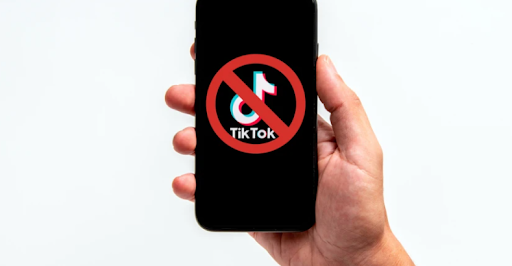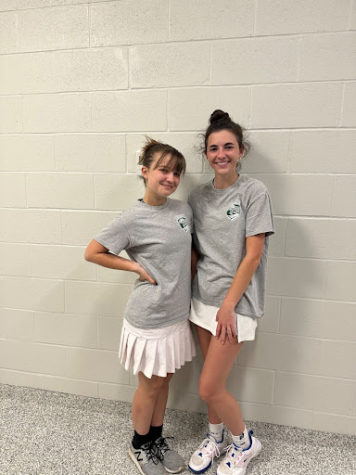Students on Plagiarism and Online Sources

**All students interviewed have chosen to be presented anonymously**
Does Sparknotes spark an understanding of literature, or does it spark ignorance and laziness? What about other online sources?
It seems as though many students use online sources for plot clarification but realize the problem and unethical reality of using them for an analysis.
Students seem to think that most high school students use them at one point or another, and that they would be hard pressed to find people who have never looked online for any ideas.
So, does the commonality of the use of online sources take away the guilt that some may feel? It seems so.
However, many do recognize that passing off another’s ideas as their own is immortal.
A common form of justification for using online sources among students is that online sources expand their horizons, not overwhelm them. One student says, “I don’t see it as cheating, I see it as using my resources to the fullest.”
Another student agrees: “If you have the chance to make your essay better, why wouldn’t you? It can make essays and other assignments better because it offers different ideas that you may not have. But, once you have those ideas, you can build on them and make them your own.”
Although some students think that the idea of “making them your own,” or elaborating on another’s idea, is okay, it is still considered plagiarism by the school.
Some students also feel a certain amount of pressure surrounding assignments that pushes some them to use online sources. “Why not make my essay the best it can be,” says one student, “even if it means using an external source?”
Another says, “So many people use it that I don’t see a problem with it.”
“They are helpful to use for reference. Just because I look at a website like Shmoop doesn’t mean that I’m cheating. I’m making my understanding more clear.”
The awareness of the use of online sources is staggering. Most students say that by their estimates, about 60 to 80 percent of other students have used online sources at least a few times.
Students also agreed, almost unanimously, that honors students use online sources more than CP students. Even Pentucket teachers think that this estimate is true because honors students care more about their ideas.
All students agree that online sources are especially helpful for tests or quizzes on books because one can just look up summaries of chapters instead of skimming the book. “Shmoop and Sparknotes helped me a lot,” says a Pentucket Sophomore, “when I was studying for the To Kill a Mockingbird test. I think that if I didn’t use them, I would have done way worse.”
One honors student says, “Yeah, I use them a good amount of the time. Most of the time it is to understand the plot better so that I can make sure I know what I’m writing about before I analyze it. I only use them for analysis when I’m really stuck.”
The specific uses for online sources are varied. It seems that many students use it as an easy way out of doing work. One student says, “They are definitely abused a lot of the time. I know people who read plot summaries instead of reading the book and get the majority of their ideas from sources other than their brains.”
Another students says, “Most of the time I use Sparknotes to help me when I’m writing an essay. I do know a lot of people, though, that use sources like that so that they don’t have to do any real work.”
Some students acknowledge how morally wrong it is to use online sources to find ideas and then pass off those ideas as one’s own.
One student says, “I think it is definitely wrong to use it for analysis because the point of English class is to form your own opinions about writing.” The student did say, however, that every now and then s/he has used them when s/he was stuck.
However, other students see no immorality in the act: “Once I’ve seen an idea, it’s almost impossible to just forget if I know it’s better than my own ideas. I’m expanding my thinking by reading what others have to say.”
So, is it the sheer availability that makes online sources so popular? Is it laziness of teens and the easy use of the websites? Is it the prospect of making assignments better? It seems as though at least one of these factors is to blame for leading a person to use online sources.
One student summed up the consensus when s/he said, “online sources can be misused by students if they simply don’t want to do the work, but if they have already tried their best and have already read the book, I don’t see anything wrong with trying to make their work better.”










